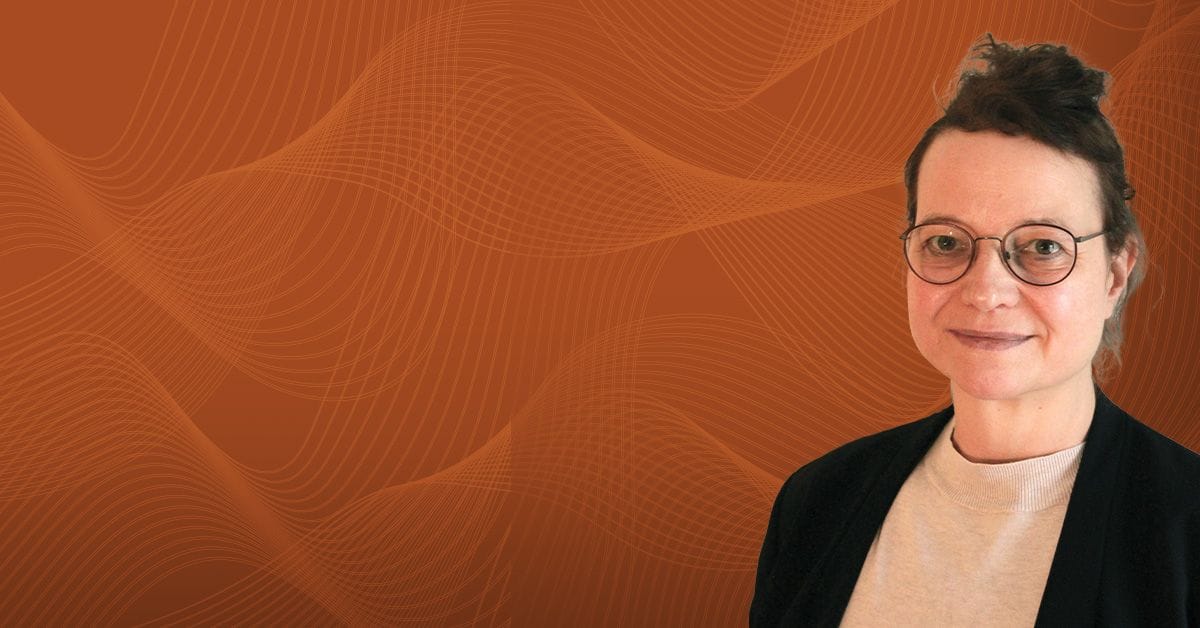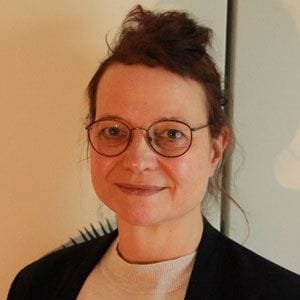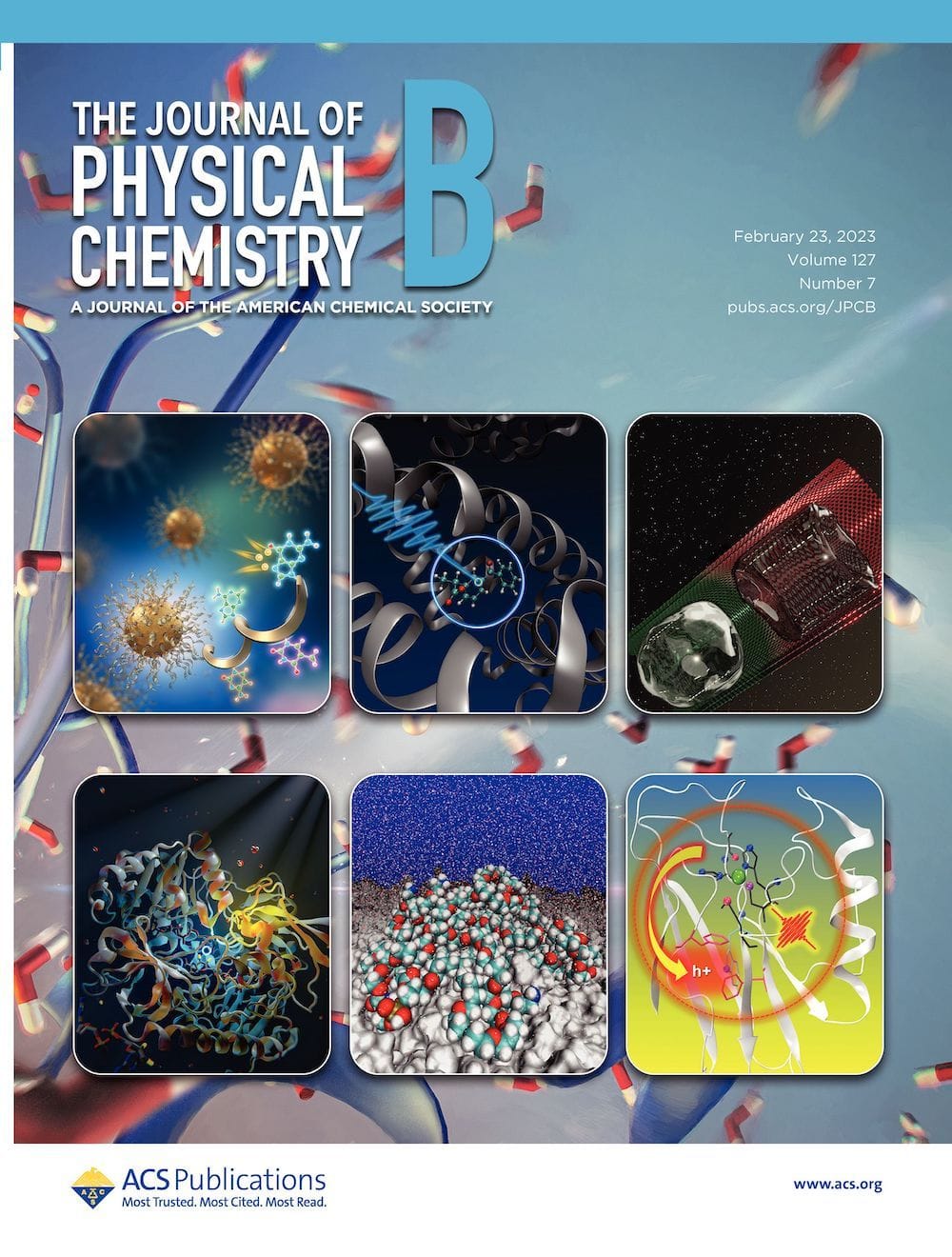Learn more about Prof. Dr. Kirchner's research, her vision for the journal, and her advice for early career researchers in physical chemistry.

ACS Publications is delighted to welcome Prof. Dr. Barbara Kirchner as the next Deputy Editor of The Journal of Physical Chemistry B. Prof. Dr. Kirchner started in the role on January 1, 2024, replacing Prof. Martin Zanni who had held the position since 2020. Working with Editor-in-Chief Prof. Joan-Emma Shea, she will play a key role in the strategic management of The Journal of Physical Chemistry B.
Barbara Kirchner holds a chair for theoretical chemistry at the Mulliken Center for Theoretical Chemistry in Bonn. She earned her diploma in chemistry at the University of Mainz and her PhD degree at the University of Basel. She is currently a member of the trans-disciplinary research areas “Building Blocks of Matter and Fundamental Interactions” and “Innovation and Technology for Sustainable Futures” at the University of Bonn. She is co-speaker of the collaborative research center “NuMeriQs”, bringing numerically-oriented scientists together across the disciplines. She is specialized in theoretical methods for liquids, for example ionic liquids and deep eutectic solvents. However, her research and its impact reach far beyond the topic of ionic liquids, they cover a wide range of fields in theoretical, physical, (bio)organic, inorganic and sustainable chemistry.

We recently caught up with Barbara to learn more about her vision for the journal, her research, and her advice for early career researchers in physical chemistry.
What is your vision for The Journal of Physical Chemistry B?
We should try to foster, maintain, and advance the broad variety of physico-chemical topics that are being discussed in the Journal. By keeping the scope of inquiry wide, novel effects will be discovered, innovative measuring and computational techniques will be developed and unknown territory in the vast field of liquids will be explored.
What are you currently working on, and what excites you the most about it?
My research focus is on liquids, solvents (ionic liquids in particular) and their complex interplay with other substances. We develop software tools for analyzing them and have made exciting advances in uncertainty quantification. I am currently writing Python scripts to analyze different nanoplastics and their additives in water.
Where do you see research of liquids and/or software development going in the next decade?
Machine learning will doubtlessly play an integral part, but this should be balanced by causal reasoning to supplement black box statistical approaches in both experiment and theory. Research in topics like ionogels and improved physico-chemical understanding in environmental science, in particular electrolyte research, have shown that there are surprises in store for science yet. Finding intersections and interfaces between areas on different levels of abstraction and applicability, from bulk liquids to medicinal chemistry, together with exploring and solving old problems such as the no man’s land of water will open up entirely new prospects.
What advice would you give early career researchers in physical chemistry?
Keep looking forward and do not become a servant to expediency. Stay playful and curious. As the history of Physical Chemistry clearly demonstrates, nothing is too far-fetched and new or too well-known and old to be beneath consideration for a fresh look at things.
